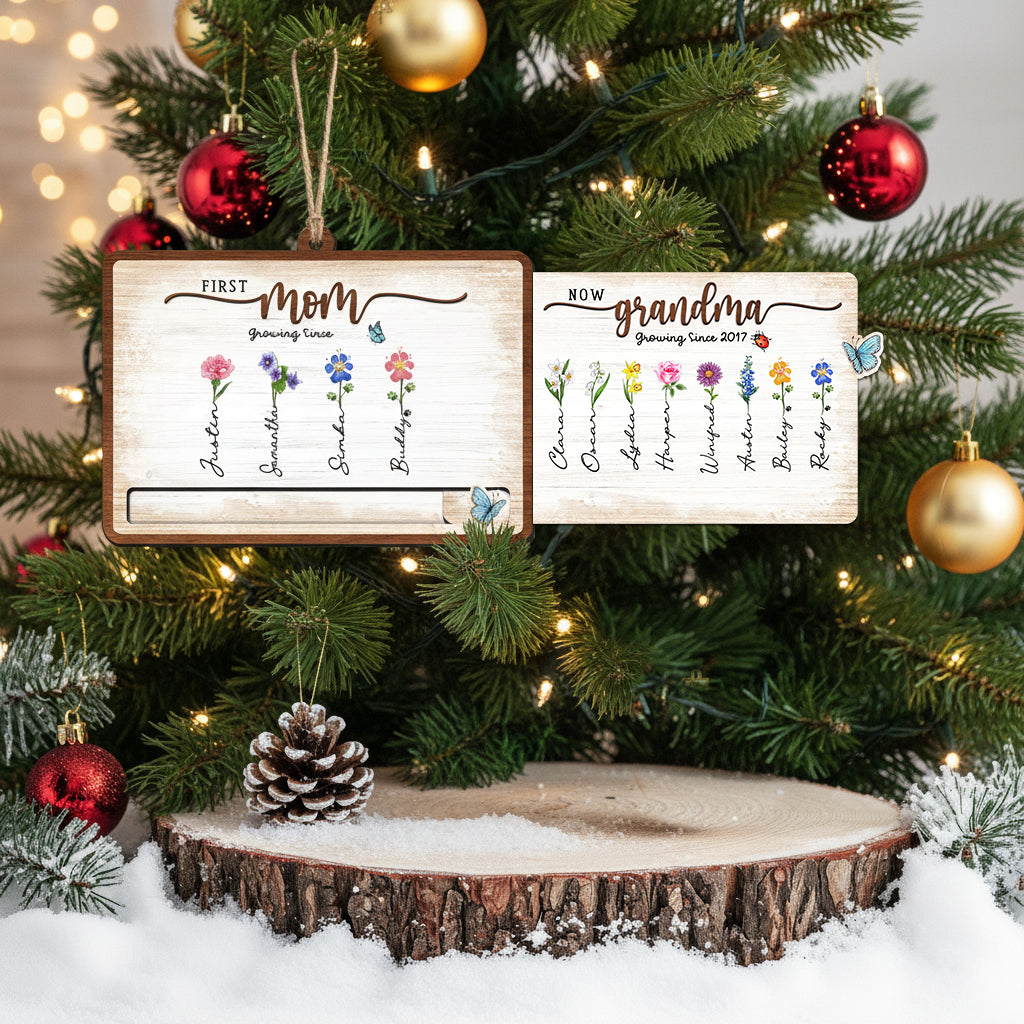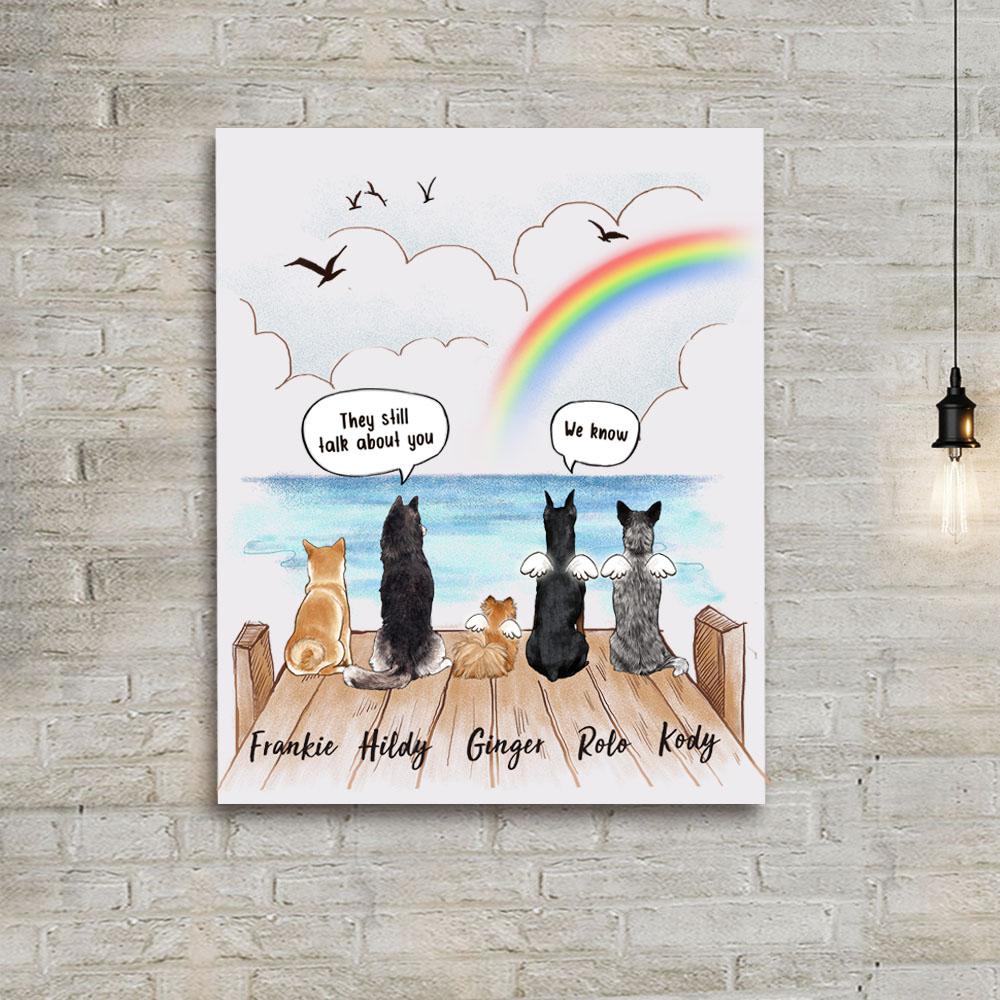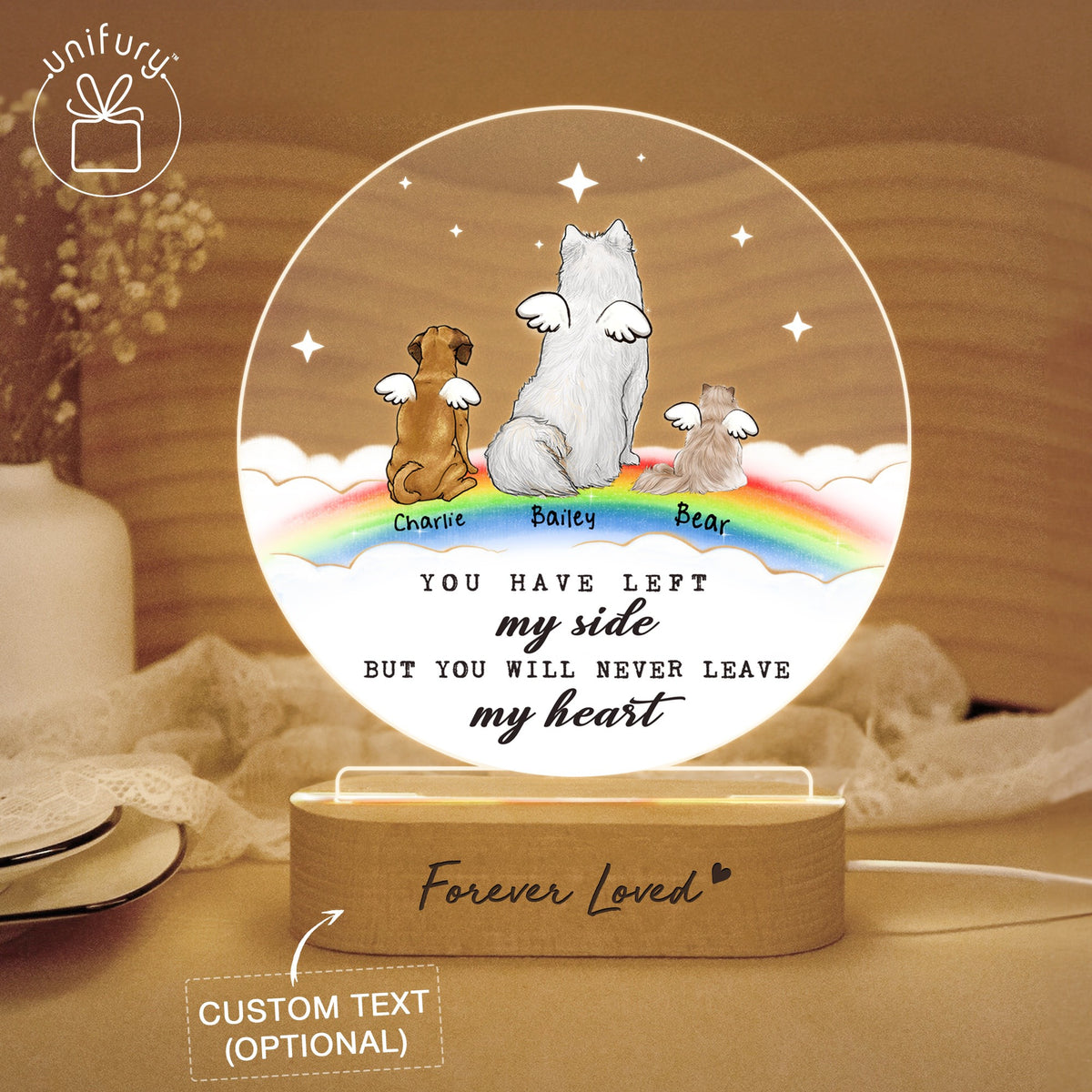
Grief is never easy. Not for the griever or anyone else involved. When you’re thinking about what to say to someone who lost a loved one, it’s almost intimidating trying to tip-toe around their feelings.
The person experiencing loss may be a friend, a family member, a colleague, or even somebody you just happen to be acquainted with. In fact, their loss doesn’t even necessarily have to be that of a human. People lose pets all the time. A difference in species doesn’t make the loss any easier to cope with.
Therefore, it’s important to understand the relationship and pick your actions based on their level of comfort with you.
But if you’re feeling lost in the area, don’t worry! Since this isn’t really something they teach you in school, it’s natural to wonder, “what do you say to someone who is grieving?”
So, without further ado, let’s explore a few of the best ways to help someone cope with loss.
What to Say to Someone Who Lost a Loved One
1. Reach Out to Them
At some point after the loss, make sure to reach out to the bereaved. The loss may or may not have been expected, but words of condolences are always comforting.
Express your sadness at the passing and make sure to be at the funeral. Even your presence can be a source of reassurance.
When you’re thinking about what to say to someone who lost a family member, it can be challenging trying to say the right thing. Think about your relationship with the person and find the right words without being overbearing.
Jump to:
- What Is The Rainbow Bridge And After The Loss Of Our Pets, Why Do We Say They Crossed It?
- Heartfelt Ways And Memorial Keepsakes To Say Happy Mother’s Day In Heaven
2. Be a Shoulder to Cry On
Someone who is in mourning may not always want to talk about their loss.
While talking about it may take the burden of sorrow off, they may not be ready to do so yet. Let them know that you are there if they ever need someone to listen.
A simple “I’ll always be here for you if you want to talk about your loved one,” can go a long way.
3. Understand Your Boundaries
The person suffering the loss might not be someone very close to you. What to say to a loved one who lost someone is not going to be the same for a casual acquaintance.
Most people are very likely to go to the funeral even if they are not close to the ones in mourning. But in those instances, it is very important to understand boundaries.
You shouldn’t interfere in a conversation between family members of the deceased. Make sure to engage in conversation at a time when it’s appropriate.
In case it’s a family member of your own, you would know the state of their mind. Act according to the situation and trust your instincts.
4. Choose Your Words Carefully
One of the hardest things to keep in mind when consoling a grieving person is not saying the wrong thing.
Saying things like “at least they lived a long life,” or “I know how you feel,” aren’t comforting at all!
Empathizing with somebody is very different from standing in their shoes. How you processed grief during your own loss isn’t a reflection of how others deal with the same situation.
If you can’t think of something to say at all offer a hug or just sit down with them. Even just sitting in silence can help comfort someone facing a loss.
5. Make Yourself Available to Them After the Fact
Loss doesn’t have a time limit. The person facing the loss may need help with resuming their daily activities to keep their sanity in check.
Make sure to check up on them from time to time. Offer them help with work, or offer to babysit their children for them.
You don’t necessarily have to know what to tell someone when they lost someone. Be there for them through your actions.
The small things really do make a difference. Showing that you’re going to be there for them at a time of hardship will likely create a stronger bond between the both of you.
6. Offer Support
One of the less talked-about things in regards to death is financial loss. The loss of a parent in a single-income family can cripple the family in an instant.
Offering monetary support or helping lift financial burdens is a good way to help out.
However, we don’t mean you should offer a grieving child money right after he lost his parent. Take a good look at the situation and keep tabs on the family afterwards.
A lot of the time kids have to drop out of school or families have to change homes because of the financial burden that follows after the loss. Depending on your relationship with the bereaved, carefully approach the topic and take it from there.
7. Be Consistent with Your Actions
If you have promised to be there for somebody, keep that promise. A lot of the time people tend to change after experiencing loss.
You might feel a strain in your relationship that makes it awkward. For a while, they might stop being their bubbly old self.
But this shouldn’t change your attitude toward them. Facing such a situation on top of the death of a loved one would be an even bigger burden on their shoulders.
8. Celebrate Life
Lots of people believe in celebrating the life of the deceased. If they are one of those people too, join in the celebration and be a part!
Sit and chat about their greatest achievements, their best moments and their life in general. Take their mind off the immediate sorrow for a second to focus on the beauty of life.
Thinking of the good memories of their loved one’s life can help the bereaved overcome their grief by turning a sad event into a cherished bittersweet one!
9. Share Fond Memories
If you are lost on what to say to someone who lost a loved one, think about your own memories.
If you have ever faced a similar loss in your life, share that experience. There are support groups specifically dedicated to every type of loss a person could possibly face.
An example of this would be The Lily Mae Foundation support group for rainbow babies. They welcome families who have babies on the way after facing the loss of a previous baby through miscarriage or stillbirth.
Families gather in these sorts of groups to share memories of their previous pregnancy and celebrate the life that ended too early.
Sharing your own feelings and memories and empathizing with the person in mourning goes a long way to relieve them of some of their sorrow.
10. Consider Bringing Up Professional Help
Another thing people tend to avoid on the topic of death is professional help.
If the deceased passed in a gruesome way, or if the bereaved were present at the time of death, that becomes a traumatic experience for them.
Even if the death was natural, it isn’t uncommon for people to get PTSD afterwards.
Broach the idea of getting professional help to the bereaved only if you feel you are in a position to do so.
Even in the 21st century, many tend to view therapy and psychiatric help as taboo. Some people might even be embarrassed asking for help.
Decide whether or not approaching the topic of professional help would be worth it based on the context and situation you are in.
11. Things to Avoid
We already mentioned a couple of the phrases you should avoid saying.
However, one thing that often escapes us is “belief in the afterlife”. There are a multitude of faiths that people follow. It is quite likely that they may not follow the same one you do.
Saying things like “God took them away because they were His favourite,” is insensitive to someone who has a different belief.
It is better to just steer clear of the topic of what happens after death and instead focus on the life of the deceased.
More to read:
- The 21 Most Touching Dog Memorial Gifts To Remember Beloved Pets
- The 13 Most Heartwarming Cat Memorial Gifts For Someone Who Has Lost Their Best Furry Friend
The Gist
Death is constant. It is inevitable. But for those who stay behind, it’s unbearable at times. Knowing how to comfort them is a big responsibility.
If you find yourself in a position where you have to console a loved one, trust your intuition and brush up on your empathy. Death and loss may be a regular thing in the world but that doesn’t stop people from skirting around the topic making it awkward.
So avoid the common mistakes we pointed out and don’t rush the process. We hope our article helped you understand the appropriate behavior when dealing with a grieving person.






















Leave a comment